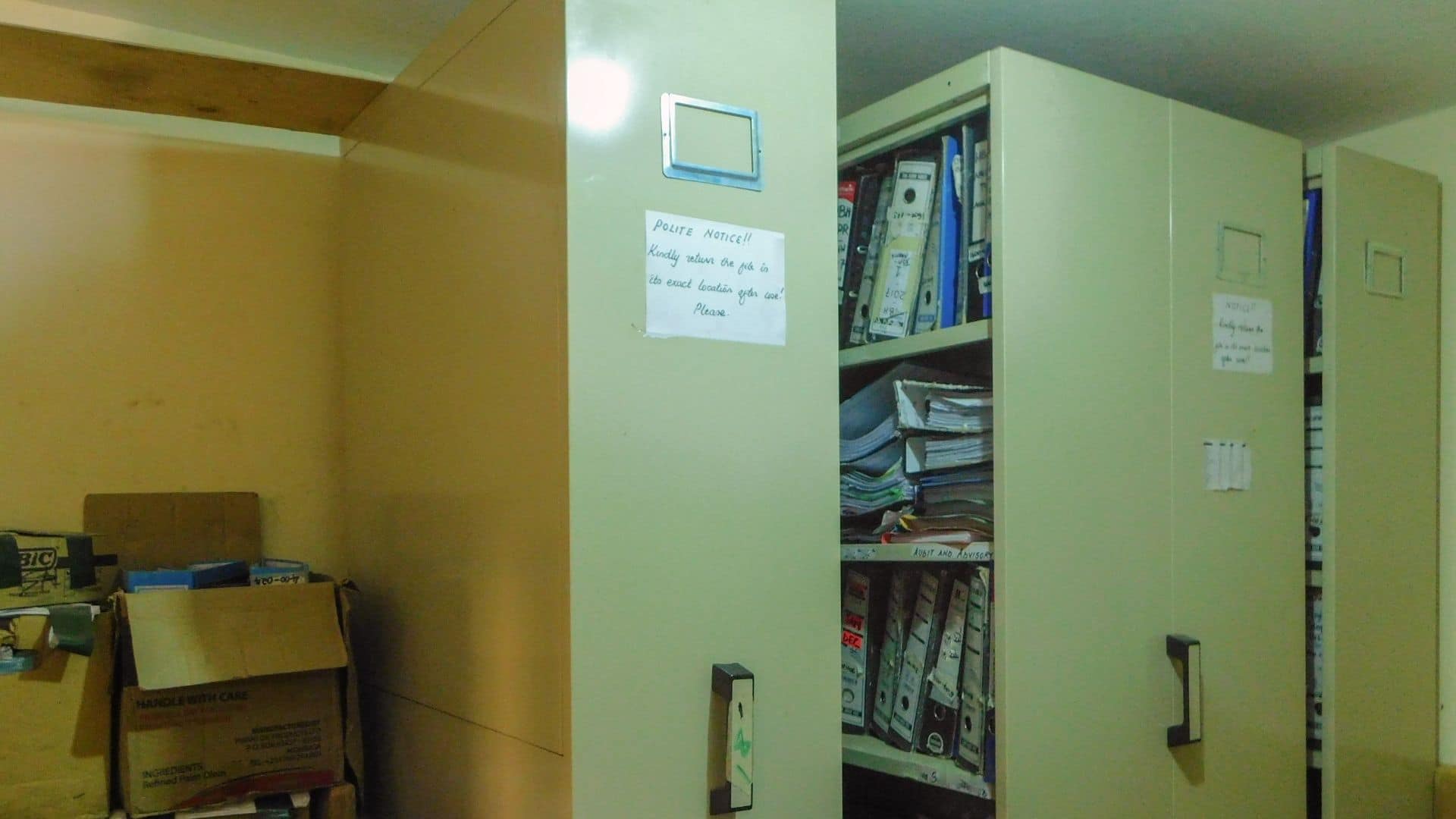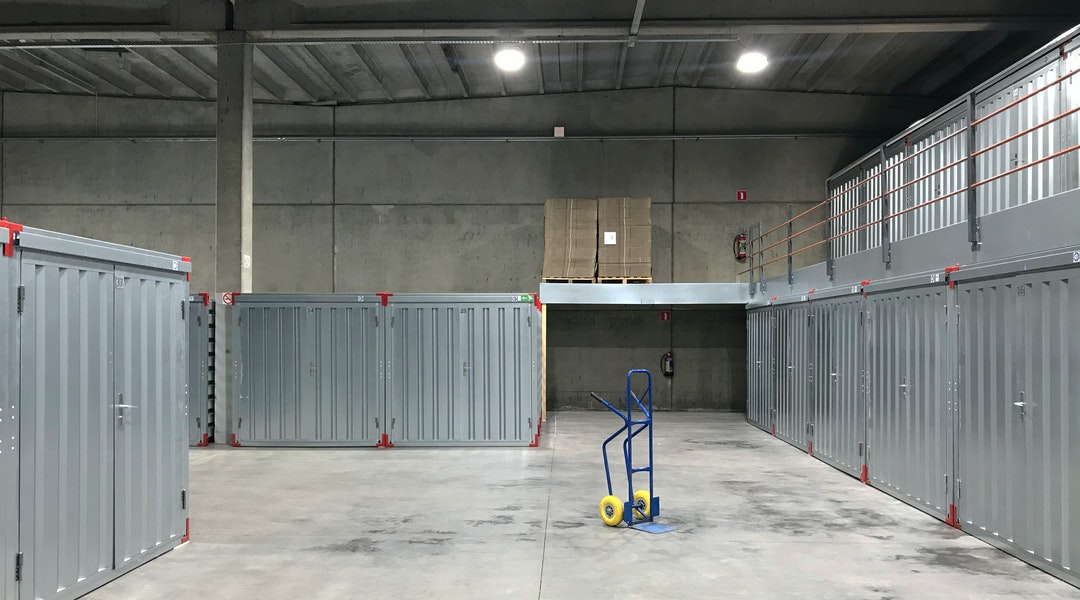What is Storage?
Storage is the process of storing personal and business goods in a controlled-access facility on a short-term or long-term basis.
What is Warehousing?
Warehousing is the process of storing physical inventory for sale or distribution. Warehouses are used by all different types of businesses that need to temporarily store products in bulk before either shipping them to other locations or individually to end consumers.
Warehousing is also done by logistics companies that are involved in the large scale distribution of manufactured or imported goods.
Benefits of Warehousing
1. Cost efficiencies
For large amounts of commodities that a company or an individual consider putting in a warehouse, it is cost-efficient for the users since items are handled professionally with professional equipment when coming in and out of the warehouse.
2. Inventory Management
Warehouses have tracking systems that are able to track the items that come in and go out of the warehouse.
3. Central Placement of Goods
When commodities are stored in a warehouse, they are placed in one central place. Therefore, when the commodities are recalled, they are easily accessible and easily loaded for transportation.
4. Professional handling
Commodities stored in a warehouse are handled by professionals who are trained and have relevant experience. In addition, the warehouse staff makes use of equipment like forklifts to handle the commodities.
5. Safety and Preservation
Warehouses are used by manufacturers, importers, distributors, exporters, dealers, and stockists to keep their commodities prior to distribution and sale.
Aside from serving as a storage facility, warehousing also provides protection against water, fire, robbery, and environmental changes. Warehouses reduce spoilage, mistakes, accidents, omissions, damage, and quality degradation, among other things, thanks to technology developments, security measures, and digitization.
6. No Handling Trouble
Warehouses are now typically gargantuan structures in industrialized districts of urban centres, with loading docks for loading and unloading trucks from trains, seaports, and aeroplanes.
Inside the warehouse, they may even have automated forklifts and cranes for transporting things from one location to the other. Several warehouses are fully automated, with no employees on the premises, leading to less waste and easy handling of items throughout cargo handling.
7. Convenient Locations
A good number of warehouses are located in places that are convenient for the users. These locations include major ports and major roads. Convenient location aid in smooth transportation of commodities to the desired destination as well as reduced transportation costs.
8. Reduced Risk
Warehouse owners ensure that the commodities they store are well safeguarded, conserved, and tracked. Warehouses engage workers and security personnel to maintain accurate records of good details and to protect commodities from robbery and misappropriation.
Benefits of Using Nellions’ Storage Services
1. Protection of goods
Our storage areas are clean, secured, and weatherproof. Your goods are in safe hands.
2. Controlled access

You are the only one who has the key to the compartment holding your items. Therefore nobody else can have access to your commodities.
3. Tight security
Our storage facilities have CCTV cameras and security alarms have been installed to the facility to ensure increased security.
4. Cost-effective
By using Nellions’ storage services, we help you to save the cost of building your own warehouse or storage facility.
5. Records Management
Nellions’ Storage service also includes Records Management and archiving of documents.
This enables you to store your old files at our storage facilities in an organized manner that allows the owners to easily retrieve them when required.

6. Professional Services
We have a staff of well-trained and professional packers at Nellions’ Moving who will pack your belongings to international standards using the most up-to-date packing techniques and materials.
7. Quick turnaround time
At Nellions’ we ensure that the right and updated records for storage are available to you. Therefore, we make the commodities available to our clients as fast as possible.
Differences between storage and warehousing
From a use-case perspective, warehouses are used for industrial and commercial purposes, whereas storage facilities are used for personal and business purposes.
The physical buildings used for storage and warehousing may be quite similar (or even the exact same), and often their names are used interchangeably.
Storage facilities are mostly used by individual or business clients to store their commodities for short up to long periods whereas warehouses are used for storing, processing and shipping out commodities for companies.
From a more technical point of view, the storage concept does not envisage handling commodities, raw materials, perishable goods, chemicals or any type of FMCG. A warehouse will handle all these.
In terms of cost, warehouses are more costly compared to storage facilities. Given the large spaces, warehouses occupy you can definitely tell that they cost more even in terms of construction.
Storage facilities are located in areas that are easily reachable to the individuals who are intended to use them. Warehouses are located in commercial districts in towns/cities (often on large tracts of land).













